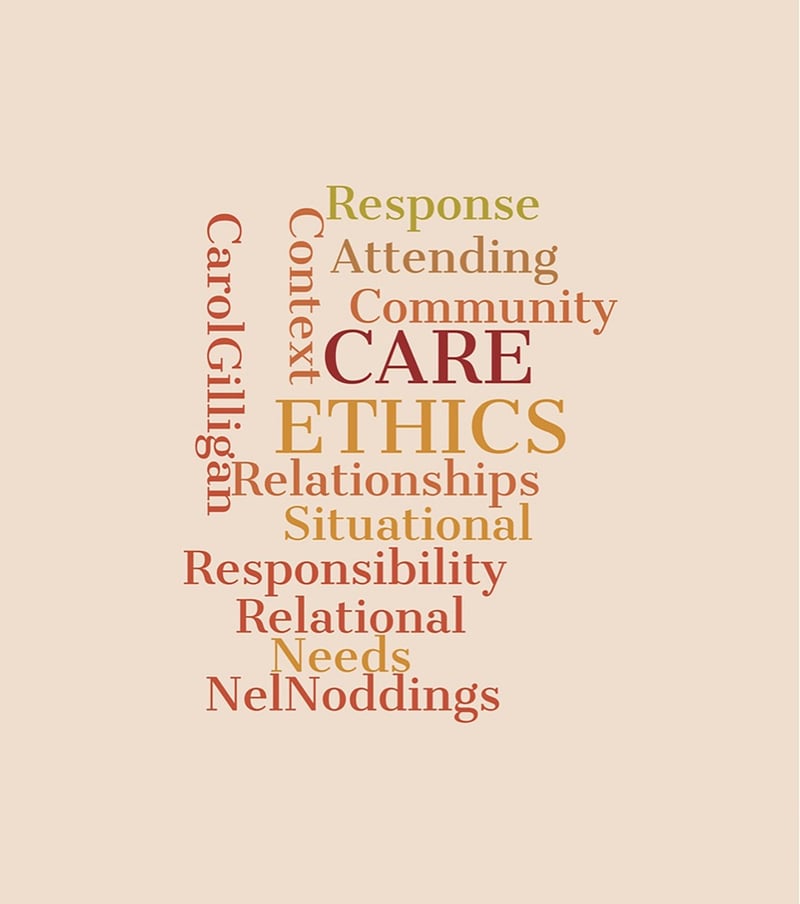Temporal Responsibility
The Intersection of Moral Considerations and Temporal Responsibility
In an ever-changing world where ethical dilemmas and temporal responsibilities often collide, it is crucial to navigate the complex interplay between moral considerations and temporal duties. This article delves into the significance of balancing these two aspects and how individuals can strive to uphold ethical values while fulfilling their temporal obligations.
Understanding Moral Considerations
Moral considerations encompass a set of principles that guide individuals in distinguishing right from wrong. These principles often stem from personal beliefs, societal norms, religious teachings, or philosophical perspectives. Making decisions based on moral considerations involves reflecting on the potential consequences of one's actions and choosing the course of action that aligns with one's ethical values.
Embracing Temporal Responsibility
Temporal responsibility refers to the obligations and duties that individuals have towards the present moment and the future. This includes fulfilling commitments, meeting deadlines, and making choices that consider the long-term implications of one's actions. Temporal responsibility requires individuals to be mindful of the impact of their decisions on themselves and others in the present and future.
Striking a Balance
Balancing moral considerations with temporal responsibilities can be challenging, especially when faced with conflicting priorities or time constraints. However, by integrating ethical values into one's daily decision-making processes, individuals can navigate this balance more effectively. This may involve prioritizing actions that uphold moral principles while also fulfilling temporal obligations to the best of one's ability.
Practical Tips for Integration
- Reflect on your core values and how they align with your daily actions.
- Consider the long-term consequences of your decisions on yourself and others.
- Communicate openly and honestly when faced with ethical dilemmas in a temporal context.
- Seek guidance from mentors, ethical frameworks, or professional codes of conduct.
- Be willing to adapt and learn from experiences to refine your approach to balancing moral considerations and temporal responsibilities.
Conclusion
By recognizing the importance of both moral considerations and temporal responsibility, individuals can strive to make decisions that are not only ethically sound but also mindful of their impact on the present and future. Finding harmony between these two aspects is a continual journey that requires introspection, empathy, and a commitment to upholding values that serve both personal and societal well-being.
Image source: Pixabay

